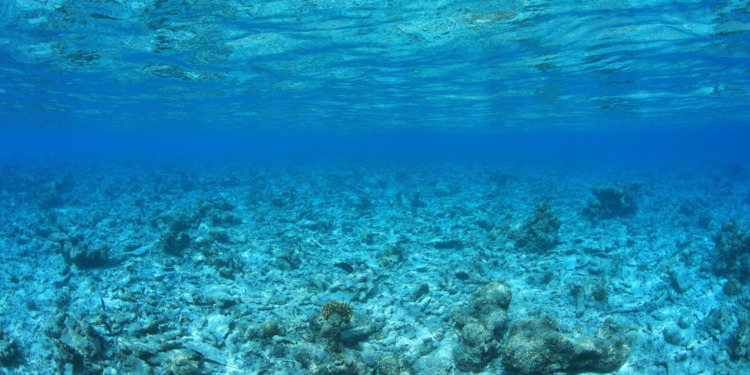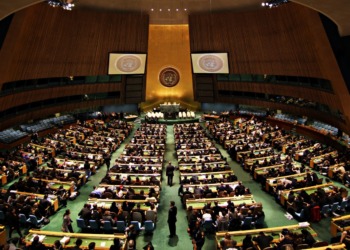WWF strongly supports the new Advisory Opinion published today by the International Tribunal for the Law of the Sea, which for the first time at a global level defines the legal obligations of states to act on climate change to protect marine ecosystems. These obligations arise under the UN Convention on the Law of the Sea, to which 164 UN member states and the EU are parties.
The Advisory Opinion highlights that states have an obligation to take measures to prevent, reduce and control greenhouse gas emissions to avoid harm to the marine environment, informed by science and relevant international rules, and to conserve and restore marine ecosystems to enhance resilience to climate change and protect natural carbon stocks. The Tribunal makes it clear that states must collaborate to implement all relevant international agreements to protect the marine environment, including from greenhouse gas impacts.
“This is an important milestone for the climate and marine ecosystems. It sends a strong signal that reducing emissions and conserving marine ecosystems must be a priority for governments. For decades the environmental, economic and societal imperative to address the climate and nature crises has been clear, but now this Advisory Opinion further establishes that states also have a legal obligation to act,” said WWF Oceans Lead Pepe Clarke, Commenting on the Advisory Opinion.
“The future of small island states and coastal communities depends on decisive global action to reduce emissions and conserve the marine environment. The small island states that initially brought this case are most immediately vulnerable to the impacts of climate change and ocean acidification, but the benefits of tackling the climate and nature crises will be felt by all countries and communities,” Clarke added.
Related Articles: Our Oceans Are Sick: The Solution Is More Money and More Protection, Says WWF | Giving the Ocean a ‘Fighting Chance’: UN Adopts Historic High Seas Treaty | Massive Pacific Ocean Garbage Patch: Can It Be Contained? | New WWF Survey Reveals Overwhelming Support for UN Plastic Treaty
WWF made an amicus submission to ITLOS for consideration as part of this opinion, which argued climate-related obligations include rapidly reducing emissions while conserving and restoring the marine environment.
While non-binding, this opinion could have far-reaching implications for national decisions. In light of this opinion, WWF urges countries to include measures that sufficiently reduce greenhouse gas emissions and safeguard marine ecosystems in their biodiversity plans (NBSAPs) and climate plans (NDCs).
This opinion follows other significant legal rulings from international and national courts that have underlined the legal obligations of states to act on climate and nature, such as the recent ruling by the European Court of Human Rights that found human rights were being compromised due to lack of climate action. The Inter-American Court of Human Rights and the International Court of Justice (ICJ) — the highest legal body in the UN system — are also currently considering advisory opinions on climate obligations.
WWF will now also make an amicus submission to the ICJ, responding to the questions posted in the request for an advisory opinion, drawing on our expertise regarding climate change and links to nature and biodiversity. We intend to highlight existing states’ obligations to protect nature and biodiversity as key for climate change mitigation and adaptation. We will outline how greenhouse gas emissions and other observable climate change effects already bring severe harm to nature and people, thereby violating existing international environmental law. Finally, we will also recall the role which nature can also play in helping to tackle climate change.
** **
This article was originally published by WWF and is republished here as part of an editorial collaboration with WWF.
Editor’s Note: The opinions expressed here by the authors are their own, not those of Impakter.com — In the Cover Photo: Coral reef destroyed by the coral bleaching in the Indian Ocean. Cover Photo Credit:© Shutterstock / Aquapix / WWF.









